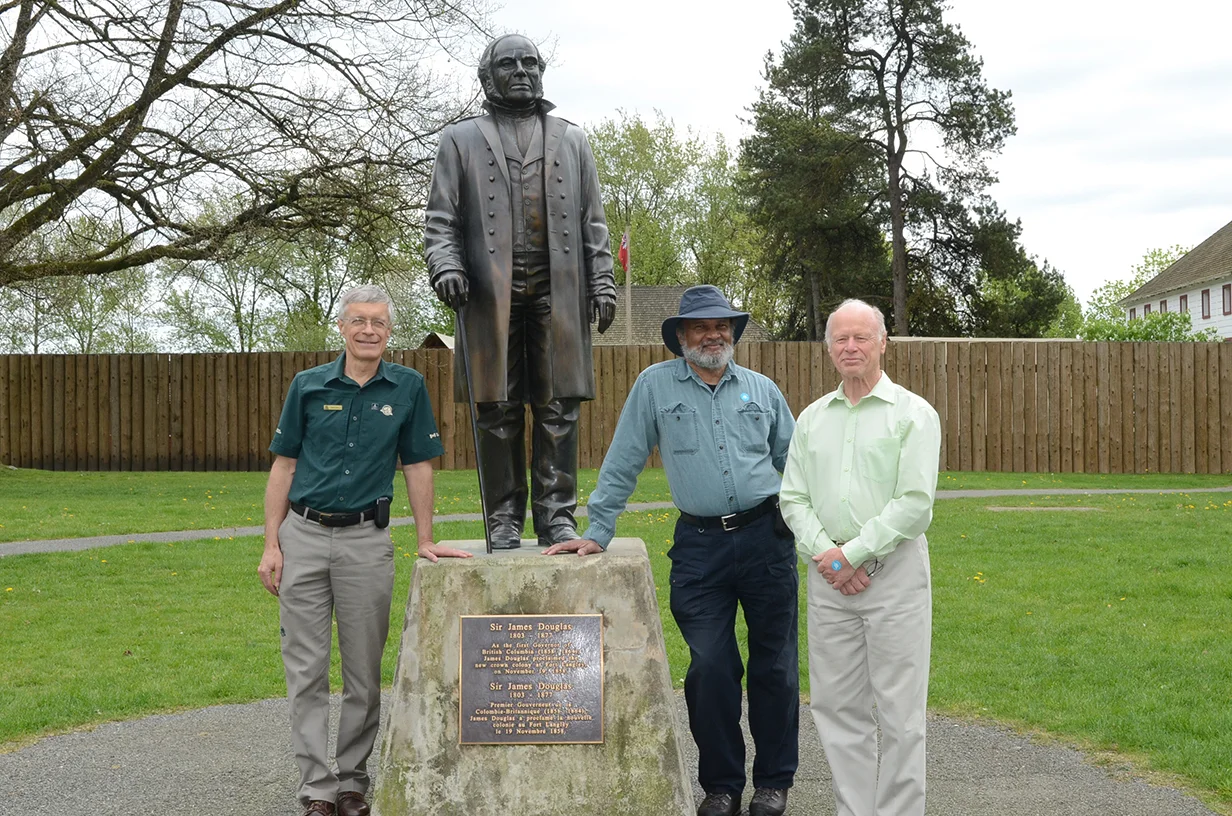Tony Cozier was passionate about his love for cricket
There was something about that voice that made the listener feel they were at the venue viewing the game.
Turned on to cricket at age seven after watching the third day’s play of the 1965 Easter weekend third Test between the West Indies and Australia from the south stand at Bourda in Guyana, I would seize every opportunity to use my little transistor radio – a prized possession at the time -- to tune in to a regional Shell Shield game or a match involving the West Indies.
The one voice that always stood out for me was that of Tony Cozier who passed away last week in his native Barbados after a lengthy illness. He was 75.
I always perked up when it was announced that “the commentary now goes to Tony Cozier”.
It was as if Garfield Sobers, Rohan Kanhai or Viv Richards were making their grand entrance to bat and you always expected them to deliver a big innings.
The same could be said of Cozier who was bestowed with a Marylebone Cricket Club (MCC) life membership in 2011.
The ease with which he delivered with a lively voice was such a pleasure. He knew cricket and was fair, thorough, witty and always statistically prepared.
The Australian tour to the Caribbean 51 years ago marked the first occasion that a regional broadcast team was put together to cover all the matches and Cozier was the Barbados representative.
Five years earlier, he was at Carleton University in Ottawa pursuing journalism studies. It was the first time he was away from home for an extended period and winter wasn’t appealing. After a year, he returned to Barbados to work for the Barbados Daily News which his father, Jimmy Cozier, founded.
Having covered his first match at age 15 while enrolled at Lodge School, cricket was in Cozier’s blood and he stellarly delivered for 60 years right up until a few days before his death. His last ESPN Cricinfo column, “West Indies cricket needs Legends’ clout” was published on May 1, two days before he was hospitalised.
Oh yes.
Cozier did more than paint pictures for radio listeners and add his golden voice to television commentaries.
Before cricket became a year-round pursuit, he contributed to the Associated Press, penned Caribbean supplements for the Financial Times and wrote for a few other news services to supplement his income.
But cricket was his first love and, sensing the need to chronicle the sport in the Caribbean, he launched the West Indies Cricket Annual in 1970.
I can still recall the joy I felt as a young boy when my dad presented me with a copy of the inaugural edition.
Becoming a sports journalist in the late 1970s, I had the opportunity to meet him for the first time when he came to Guyana to cover Test matches and I was honoured when he asked me to write a feature on former West Indies off-spinner Clyde Butts who was one of the Five Cricketers of the Year in 1985, the same year I migrated to Canada.
We remained friends and I contributed to the Red Stripe Caribbean Cricket Quarterly that replaced the annual in 1991. It was a sad day for West Indies cricket when the Nation Publishing Ltd. and Cozier Publishing announced the cessation of the quarterly in 2001 because of dwindling sponsorship.
Cozier, who did ball-by-ball commentary on the BBC’s Test Match Special and spent 14 seasons with Channel Nine -- also wrote books with Sobers, Clive Lloyd and Michael Holding and, in 1978, published ‘50 Years in West Indies Cricket’.
Though immersed in his first love, the former Lodge School, Carlton and Wanderers attacking batsman found the time to play hockey and stand as the Barbados Hockey Association president for eight years up until 1979.
Cozier also loved to entertain and socialise.
He and his wife of 50 years – Jillian – hosted the annual Coziers’ media beach bash on the rest day of Test matches at Conset Bay in St. John.
Swimming in the nearby reef-sheltered Atlantic Ocean, playing beach cricket, consuming Banks Beer and rum punch while being reminded that International Cricket Council (ICC) fines for slow drinking rates applied and enjoying some good Bajan food that included Maude’s dolphin special were fun activities that local and foreign media looked forward to annually when a Test was played in Barbados.
Whenever he came to Toronto for vacation or to cover the West Indies or I was in the Caribbean, we would catch up. The last time I saw him was almost two years ago when he was in Guyana covering the Caribbean Professional League.
With his computer at the ready to flush out another story, it was evident that Cozier – while dealing with health issues -- was still passionate about the game.
The doyen of Caribbean cricket journalism is gone, but his legacy will live forever.






